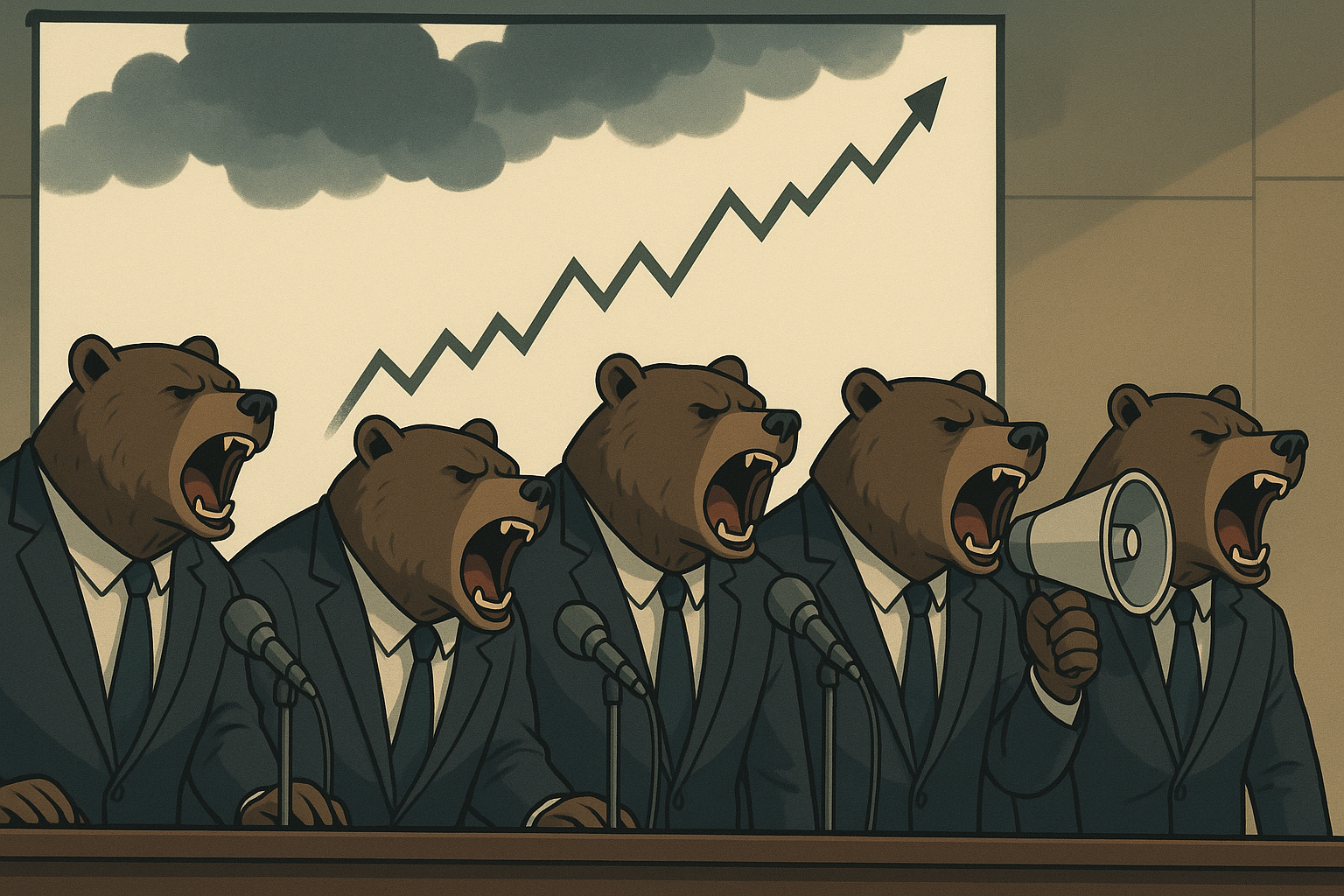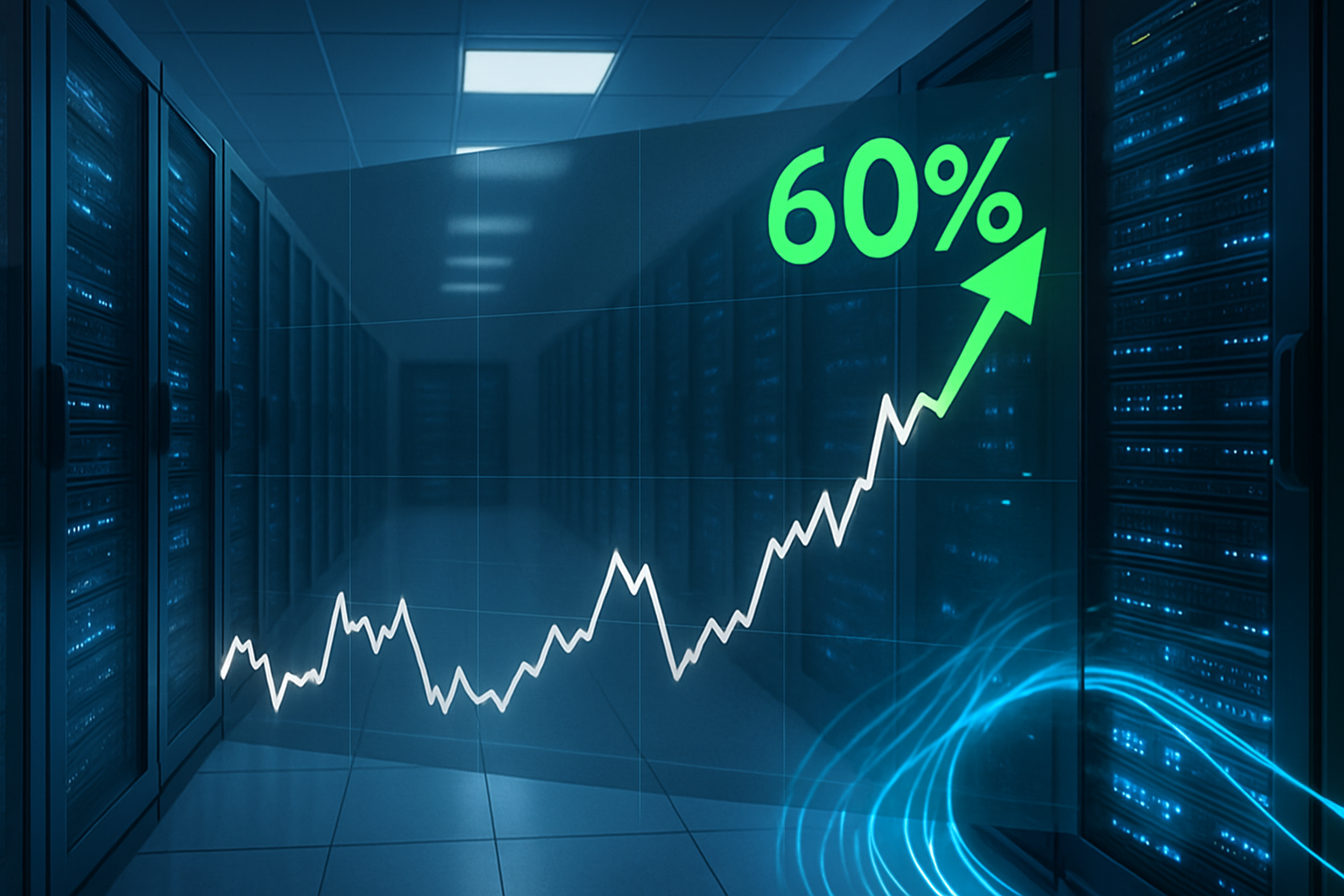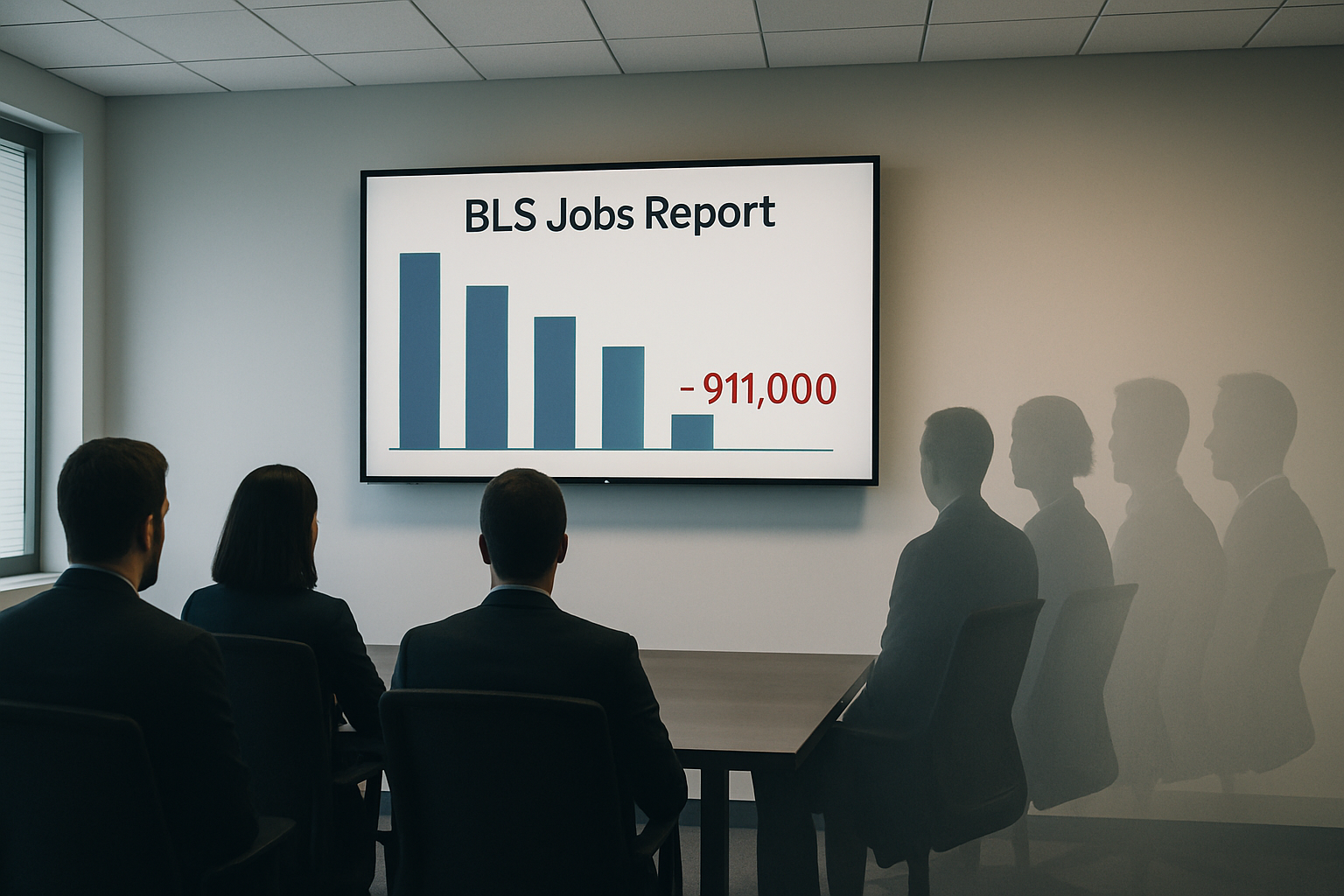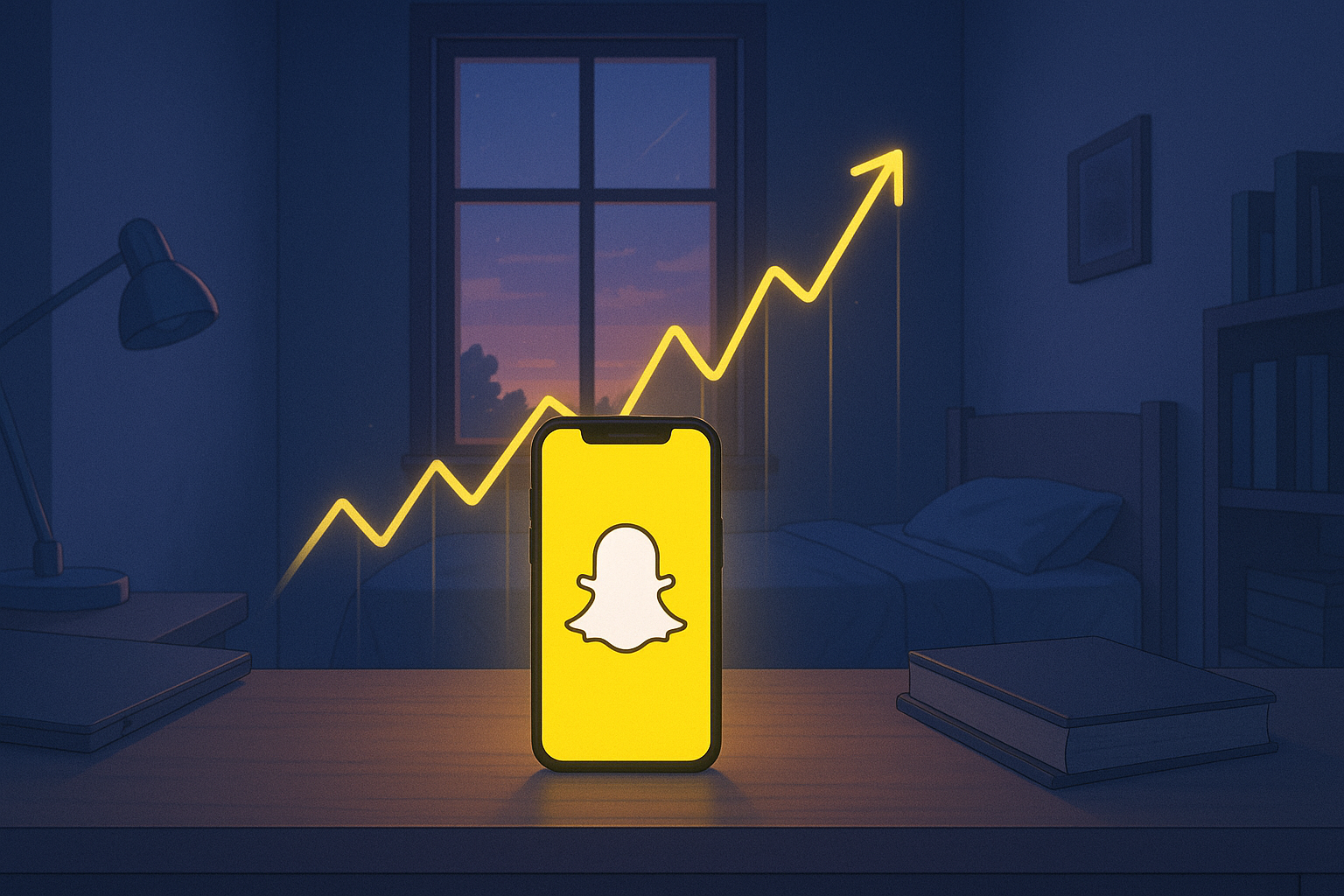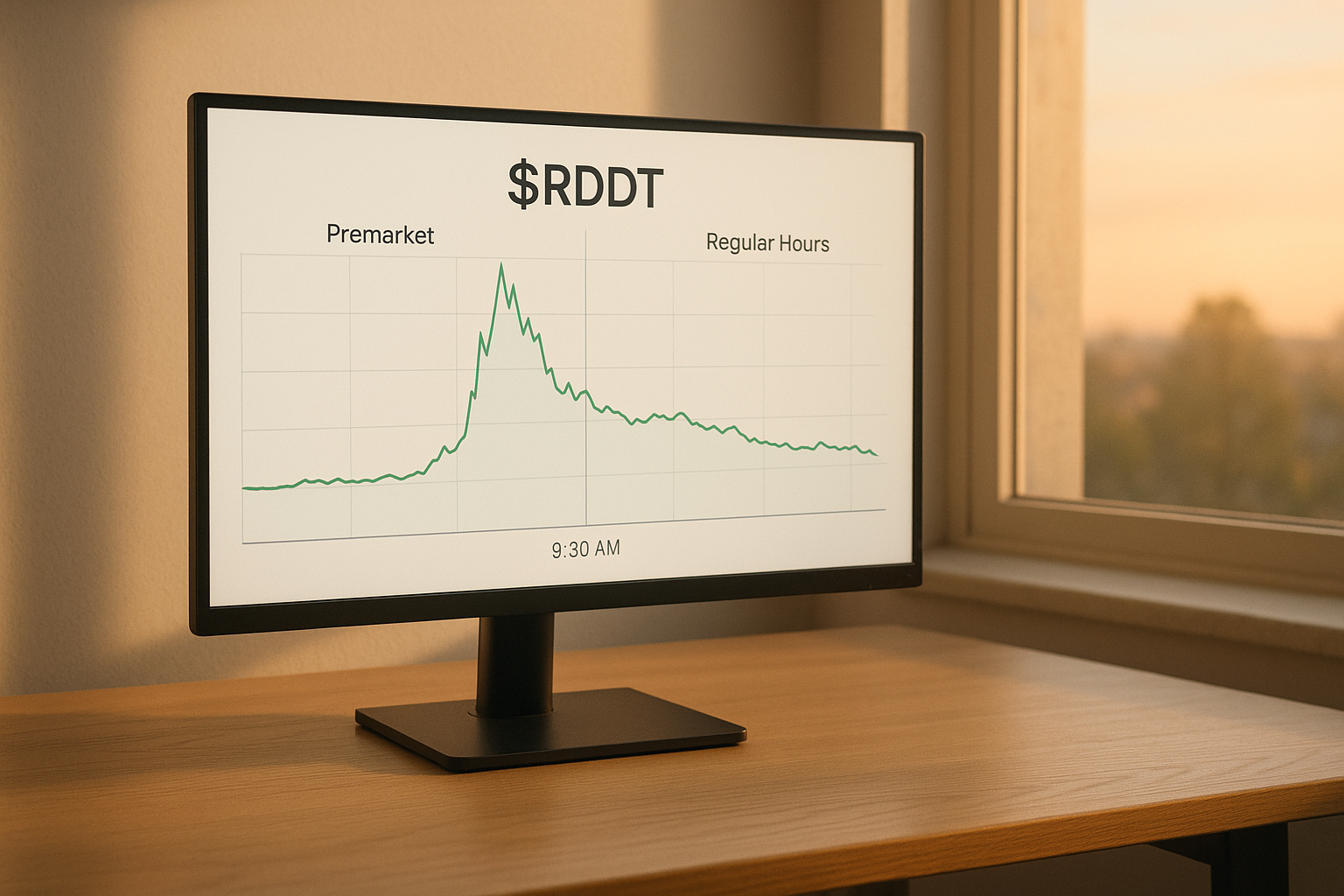I've been watching market doomsayers for two decades now, and let me tell you—there's something almost therapeutic about their reliability. Like that one friend who swears your outdoor wedding will get rained out (despite clear forecasts), market bears maintain their gloomy outlook through boom and bust alike.
What fascinates me isn't just their persistence, but how their arguments evolve while somehow remaining fundamentally unchanged. It's like listening to cover versions of the same pessimistic song, just played on different instruments as the years roll by.
2000-2001: When Bears Actually Got It Right
The early 2000s were... well, a bear's dream come true. After years of what Greenspan famously called "irrational exuberance," the tech bubble finally did what bubbles do—it popped spectacularly.
Bears who'd been screaming themselves hoarse about those absurd P/E ratios (400 for companies without a dollar of revenue? Really?) finally had their moment of vindication. Their arguments seem quaint in retrospect: - "These internet companies have literally no business model!" - "Look at the market cap per employee—it's completely detached from reality!" - "When the hell will profits actually matter again?"
Then came 9/11, and suddenly we had a whole new narrative about terrorism permanently reshaping American economic prospects. The bears were right about the bubble, I'll give them that. But most missed the recovery that followed. (A pattern we'll see again and again.)
2002-2003: The Hangover Years
As markets began clawing their way back, bears simply wouldn't have it: - "This is just a dead cat bounce, folks" - "Enron and WorldCom prove the entire market is a house of cards" - "The real estate market is the next bubble waiting to burst"
That last one? They were early but not wrong—a distinction that matters little to your portfolio returns.
2004-2006: Housing Bubble Warnings Get Louder
I remember interviewing economists during this period who couldn't stop warning about: - "The Fed's absurdly low interest rates are creating a housing monster" - "Consumer debt levels can't possibly be sustained" - "These exotic derivatives and mortgage-backed securities will end badly"
Credit where it's due—some bears were exactly right about housing. But timing is everything in markets. Being right three years early is practically the same as being wrong, isn't it? Try explaining to your clients why they missed three years of gains because you saw the crash coming... eventually.
2007-2009: The Big One
The bears had their second major vindication with arguments that, in hindsight, seem painfully obvious: - "Banks are leveraged to their eyeballs with almost no capital cushion" - "Mortgage defaults will cascade through the entire financial system" - "Nobody—and I mean nobody—understands the systemic risk from all these credit default swaps"
But here's where it gets interesting. Even as markets bottomed in March 2009 (though nobody knew it was the bottom then), the bear chorus didn't miss a beat: - "This is just the beginning—Depression 2.0 is coming" - "Government bailout debt will crush us for generations" - "All this Fed money-printing? Hyperinflation is inevitable"
How'd those predictions work out? Well...
2010-2011: Europe's Turn in the Barrel
Having missed the recovery, bears pivoted seamlessly to: - "The PIIGS will destroy the euro" (Remember that acronym? Portugal, Italy, Ireland, Greece, Spain) - "QE will absolutely obliterate the dollar" - "We're heading for a double-dip recession, just like in the 1930s" - "This recovery is artificial, propped up by government spending"
I sat through countless investment conferences during these years where these arguments were delivered with absolute certainty. The markets, meanwhile, kept climbing.
2012-2014: Taper Tantrums and "This Bull Can't Last"
As the recovery strengthened, the arguments shifted to: - "The minute the Fed stops QE, this whole house of cards collapses" - "This is already the longest bull market in history—it simply can't continue" - "Corporate earnings are smoke and mirrors, they don't justify these valuations" - "China's slowdown will drag down global markets"
I particularly remember one strategist—who shall remain nameless—who predicted market collapses for seven consecutive years. He's still on TV.
2015-2016: China Fears and Trump Panic
Bear arguments evolved yet again: - "China's economic numbers are completely fabricated—the slowdown is far worse" - "Oil's collapse is signaling a global recession" - "Brexit will trigger a European financial crisis" - "A Trump presidency will crash markets" (Oops—that one aged like milk in August)
2017-2019: "Everything Is Just Too Damn Expensive"
As the bull market stubbornly refused to die, bears became increasingly creative: - "This isn't a market, it's just a massive Fed bubble" - "Tech valuations are worse than 1999—have we learned nothing?" - "The yield curve just inverted! Recession guaranteed!" - "Corporate debt levels are completely unsustainable" - "Those repo market issues show the financial plumbing is clogged"
Having covered markets during this period, I can tell you the frustration among bears was palpable. Being wrong for a decade will do that.
2020: Finally, Another Win for Team Bear
Bears got their third major vindication with COVID-19: - "This pandemic will cause economic damage unlike anything we've seen" - "Markets are completely underestimating lockdown durations" - "The real economic impact hasn't even begun to hit"
But then—in a now-familiar pattern—they completely missed the recovery with arguments like: - "This is the textbook definition of a bear market rally" - "The economic damage is permanent and structural" - "We're heading for a depression that will make 2008 look like a picnic"
The fastest bear market in history was followed by one of the fastest recoveries. Who saw that coming? Not the bears.
2021-2022: Inflation Panic Sets In
As markets recovered and then wobbled: - "Inflation isn't 'transitory'—it's here to stay and will force the Fed to crash everything" - "GME and dogecoin prove this is all just mindless speculation" - "Supply chain issues will permanently damage global trade" - "The Fed hiking cycle will cause a severe recession—it always does"
2023-Present: "The Most Predicted Recession Ever"
And now? The current bear chorus includes: - "The lag effects of interest rate hikes are still coming—just wait" - "Commercial real estate will collapse the banking system any day now" - "The narrow market rally (those Magnificent Seven stocks) shows how unhealthy this all is" - "AI is just another speculative bubble—dot-com 2.0" - "Our national debt levels are completely unsustainable" - "Geopolitical tensions will disrupt global trade"
Sound familiar? It should.
What Can We Actually Learn From All This?
Looking back at this parade of perpetual pessimism (sorry, couldn't resist the alliteration), a few patterns jump out:
- Bears are occasionally right—but in markets, timing isn't just important, it's practically everything
- There's always—and I mean always—a plausible narrative for why markets should collapse
- The market really does climb a wall of worry, using bear arguments as handholds
- When genuine crises hit, they often come from blind spots few were watching
The SPY has marched relentlessly upward over these two decades, despite those three major crashes. An investor who took annual bear arguments seriously would have missed out on enormous compounded returns.
This isn't to say we should ignore risks. They're real, and crashes absolutely do happen. But the persistence of bearish narratives in all market conditions suggests something psychological at work. Let's be honest—pessimism sounds intelligent; optimism sounds naive or even reckless. Yet historically, measured optimism has been the correct market stance.
Perhaps the most valuable investing skill isn't picking stocks or timing markets, but simply distinguishing between normal background pessimism and genuine systemic risks. The bears will always be growling—the trick is knowing when they actually have teeth.
After twenty years of watching this drama play out, I'm convinced of one thing: the next bear market will come. And when it does, a new chorus of voices will emerge saying "I told you so"—conveniently forgetting how long they've been saying it.
